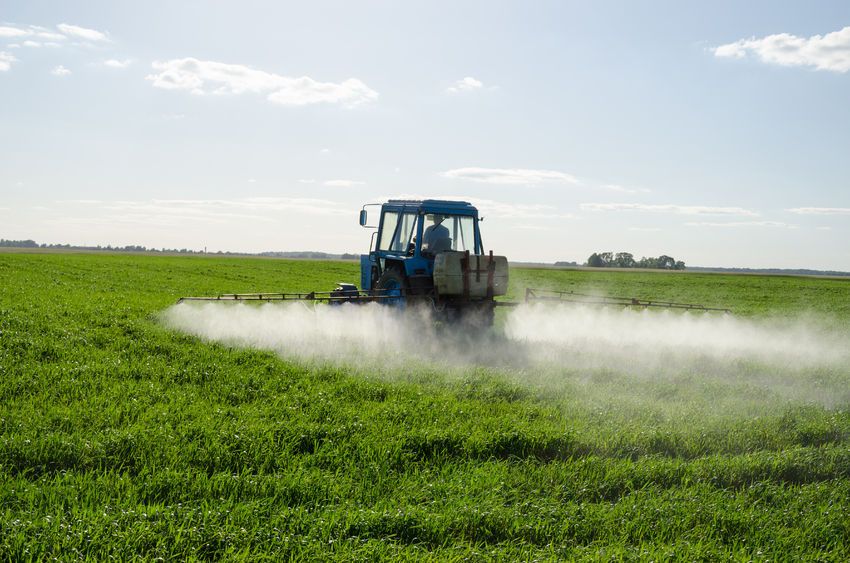
At midnight on the 14th July, the International Agency for Research on Cancer (IARC) published the monograph used to classify Glyphosate as a “probable carcinogen”. As the UK body representing the plant science industry, the Crop Protection Association has issued the following statement in response.
Nick von Westenholz, CEO of the Crop Protection Association said: “It is important to understand the difference between IARC’s work, i.e. the identification of a potential hazard of a product, and the work of the world’s regulatory bodies. Regulators conduct risk assessments, taking into account hazard and exposure, to ensure that crop protection products are only approved for use when shown to be safe for humans and the environment.
“IARC recently clarified this distinction when it published a Question and Answer document on its website in which it states:
“The IARC Monographs Programme evaluates cancer hazards but not the risks associated with exposure.”
“It is disappointing to see pressure groups misrepresenting the science in using this classification to promote their own agenda, whipping up concern amongst the public despite glyphosate’s excellent safety profile. Let’s not forget that IARC has made similar assessments of items such as coffee, mobile phones, pickled vegetables and aloe vera, products we are quite capable of using in our day to day lives while managing any risk. Crop protection products are no different.
“IARC uses limited data to identify a potential hazard, not risk, associated with an active ingredient. This is in stark contrast to the world’s most robust regulatory bodies. In the European Union crop protection products undergo extensive reviews based on multi-year testing to assess risk and risk management in real world conditions.
“Calls for regulatory action against the use of glyphosate based on IARC’s hazard identification are unfounded – risk assessments carried out by the Joint FAO/WHO Meeting on Pesticide Residues (JMPR) and by major regulatory agencies around the world remain valid in the absence of any significant new information.
“Human health and responsible use of crop protection products is and must always be our highest priority. As an industry we take pride in the extreme rigor by which we assess our products, our detailed submissions to regulators and the subsequent confidence this gives to crop protection product users and the public at large – we do not want to see this process undermined.”
